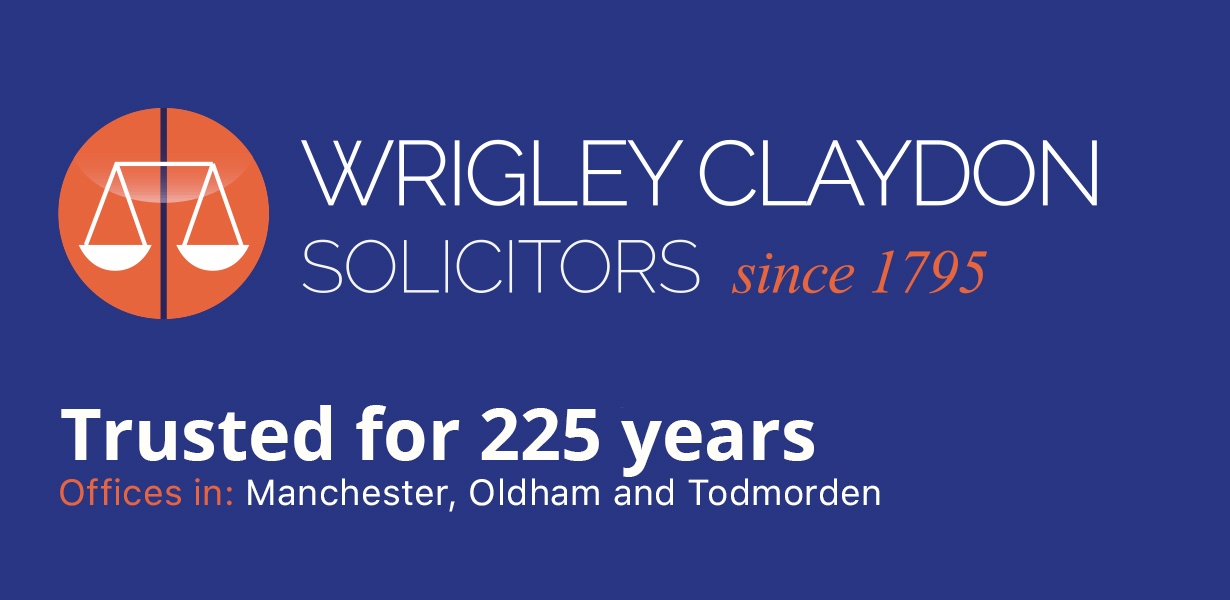Privilege entitles a party to withhold written or oral evidence from production to a third party or the court. In English common law privilege is a fundamental human right intended to protect the relationship between lawyer and client and upon which the administration of justice as a whole rests.
Privilege enables the client to consult a lawyer in confidence without fear of those confidential communications having to be disclosed. The rule is absolute. Without exception it cannot be broken once established for so long as it persists.
A party may choose to waive privilege in a document or part of a document which is helpful to their case. Choosing to waive privilege may have unexpected consequences as the courts have found on occasion that the waiver extended further than anticipated.
Latest posts by Rachel Damianou (see all)
- 7 Steps you need to take before creating a Will - 3rd September 2023
- Time to Make a Will? - 17th December 2020
- Making a Will during the pandemic - 4th September 2020
- A Helping Hand - 19th June 2020
- Dying to be heard - 14th May 2020

